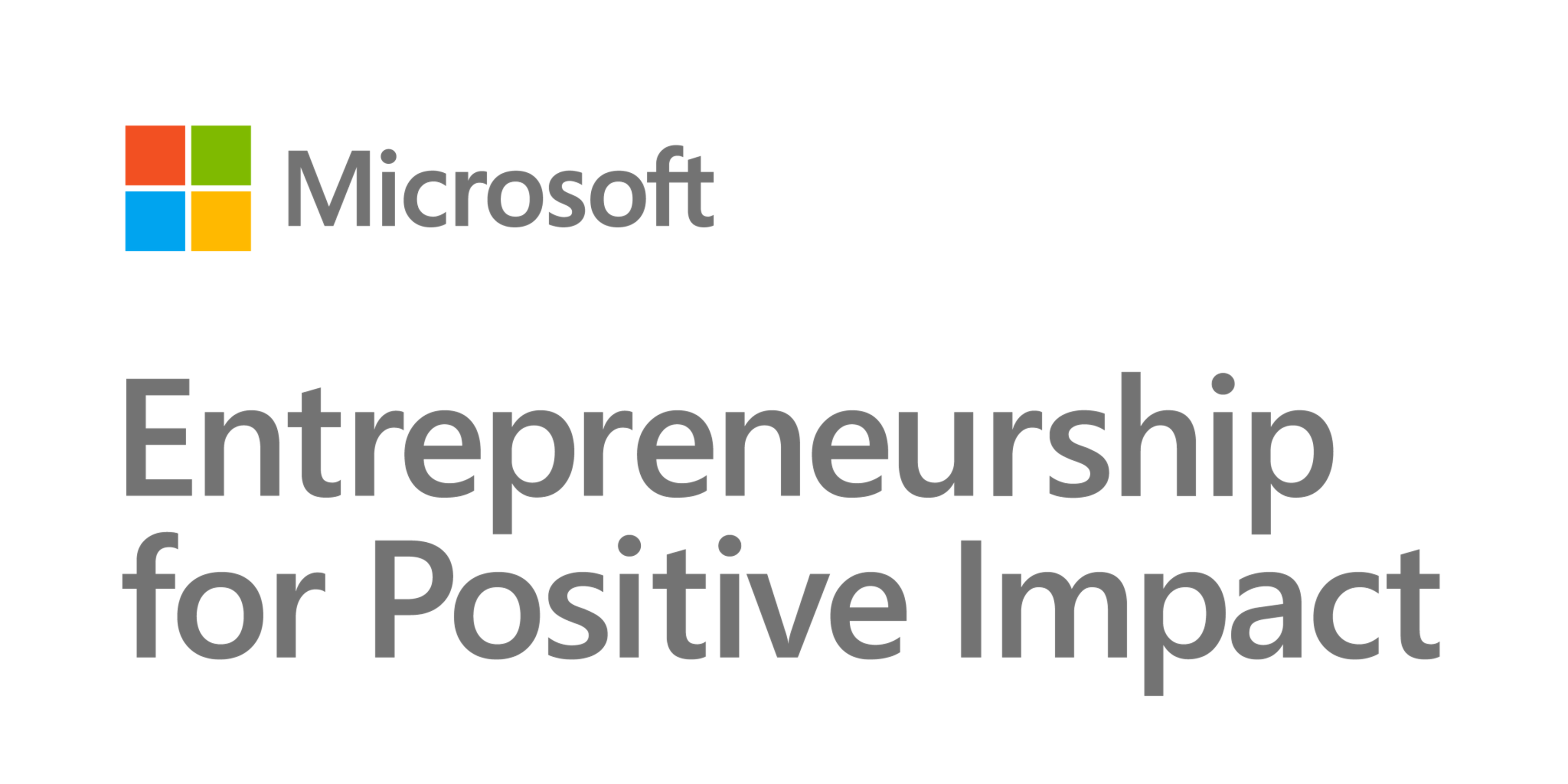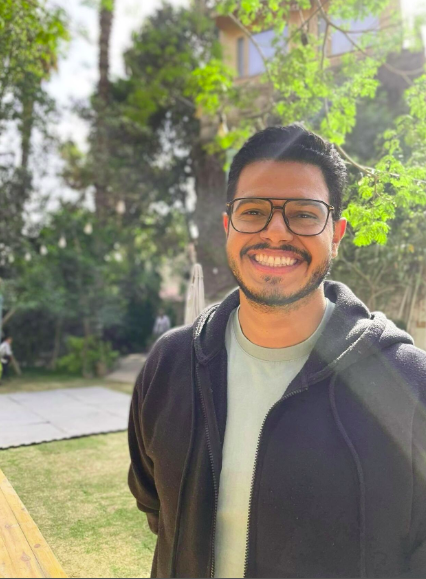Since the boom of large language models (LLMs), AI has monopolised headlines — and its effect has been felt across industries, impacting everything from drug discovery and relationships to the role of the CFO. And now, it’s here for hackathons.
Anthony Virapin, global leader of Microsoft’s Entrepreneurship for Positive Impact, an initiative that works with individuals, companies, NGOs and governments to adopt AI for positive impact, says it’s crucial that companies work on innovative AI solutions in collaborative settings such as hackathons.
“We believe that AI can transform the world into a better place,” says Virapin. “The hackathon is a really good engine to help companies to quickly implement AI — and that's why we built a GenAI hackathon for positive impact, to really accelerate the AI transformation for good.”
Hackathons are a great way for startups to extract creativity and innovation, but how exactly are they changing in an age of AI — and how can they be used to champion ethical AI and drive positive impact?
AI hackathons for impact
Agência Bori, a Brazilian startup launched in 2019 — just as the pandemic was beginning — is a platform that offers science news and scientific training to journalists. It has been a part of Microsoft’s hackathons for the last two years, and is now expanding its service to reach decision makers directly, thanks to everything it learned and tested at the hackathons, says cofounder Ana Paula Morales.
The objective of the hackathon was just to see if it’s feasible to use GenAI to provide solutions on what we see in the environment
As part of the hackathon in 2022, Agência Bori created a database of scientific papers which is still growing, says Morales — and at the latest hackathon, it was able to apply GenAI to this database and organise it to provide to key decision makers, such as governments and policy makers.
“Only one in ten Brazilians can name a scientific institution — and this also applies to decision makers,” says Morales. “We want to plug this gap and deliver scientific information not only to general readers through the press, but also to decision makers so that they can use it to empower their actions.”
The same holds true for BeeOdiversity, a biodiversity and pollution monitoring startup that was part of the hackathon, and developed an AI solution that now helps it predict and monitor threats to biodiversity, including pesticide levels.
“The objective of the hackathon, at first, was just to see if it’s feasible to use GenAI to provide solutions on what we see in the environment,” says Michael van Cutsem, the Brussels-based startup’s founder. “That turned out to be successful, and then we were even able to develop a small proof of concept — we developed a tool that we now use to test.”
Virapin says that along with impact that contributes towards the UN sustainable development goals (SDGs), responsible AI is a large focus area for Microsoft’s hackathons.
“If you want to implement a project on AI, you need to think around different principles — there’s fairness, privacy and security, transparency, inclusiveness, accountability, reliability and safety. We have experts to explain everything around these principles to founders, along with goals, requirements, practices and oversight,” says Virapin.
The new and improved hackathon?
For Virapin, hackathons are the perfect opportunity to accelerate the pace of innovation at startups, and especially with AI. “Every day, there are new tools, new solutions focusing on AI. So it's important for entrepreneurs to move fast and seize these opportunities. Hackathons are really an opportunity to create and test innovative solutions super quickly, to really think about that in just one week, or sometimes even three days.”
We realised that AI could do correlations that we had never done looking at our data before
For example, van Cutsem says that using AI as part of the hackathon helped them crunch a lot more data than they would otherwise have been able to. “We realised that AI could do correlations that we had never done looking at our data before,” he says.
Morales agrees: “Earlier we just had a very rich database — but now, we have this AI prompt that we can look through against the whole database and collect a whole bunch of information and analyse and organise things.”
Caroline Span, cofounder of Welcome Place, a neobank that provides financial solutions for people who have newly moved to Europe and may face language, legal or other barriers, adds that using AI has helped it expand its reach — and include many languages and regions to its platform.
A wide range of solutions
Developing AI solutions at scale has become essential for companies of all sizes — and AI products are now used by teams across departments such as product, operations and HR. This means that the AI hackathon is also more cross functional than its predecessors, and needs inputs from people from different teams with different skill sets — and not just developers.
“Some of the entrepreneurs in our hackathon had joined to implement solutions for specific departments, for example for HR or for marketing teams to develop new capabilities internally using AI,” says Virapin.
It improves soft skills: you have to get to know each other in less than four days
However, the wide range of solutions and tools also means that keeping up with the massive scale and pace of AI is a challenge in itself, he adds. “Even if we’re Microsoft and we’re in charge of projects like Azure Open AI, the technology is moving super fast. So when we organise hackathons, we need to make sure that we can give quick access to entrepreneurs to the latest version of technologies — and that they can test them.”
But founders and organisers all agree that the positives far outweigh the challenges when it comes to AI hackathons.
Van Cutsem says that AI hackathons also offer additional benefits like understanding AI at a deeper level in workshops and while testing and the development of soft skills — which are becoming increasingly more important in the age of AI. ”It helps you understand the good bits as well as the limits you have to put on AI — be it ethical or financial.
“It improves soft skills: you have to get to know each other in less than four days, organise your team, follow up and so on, so it's really super interesting in terms of soft skills — to create, in such a short time frame of four days, a proof of concept with people who don't even know each other at the beginning of the hackathon.”
Span agrees, saying that soft skills are something every entrepreneur should focus on developing, especially with diverse groups of people. “It's about managing people from different countries with different languages and accents, who may have very different constraints — so that’s something that hackathons also help develop, especially for managers.”



